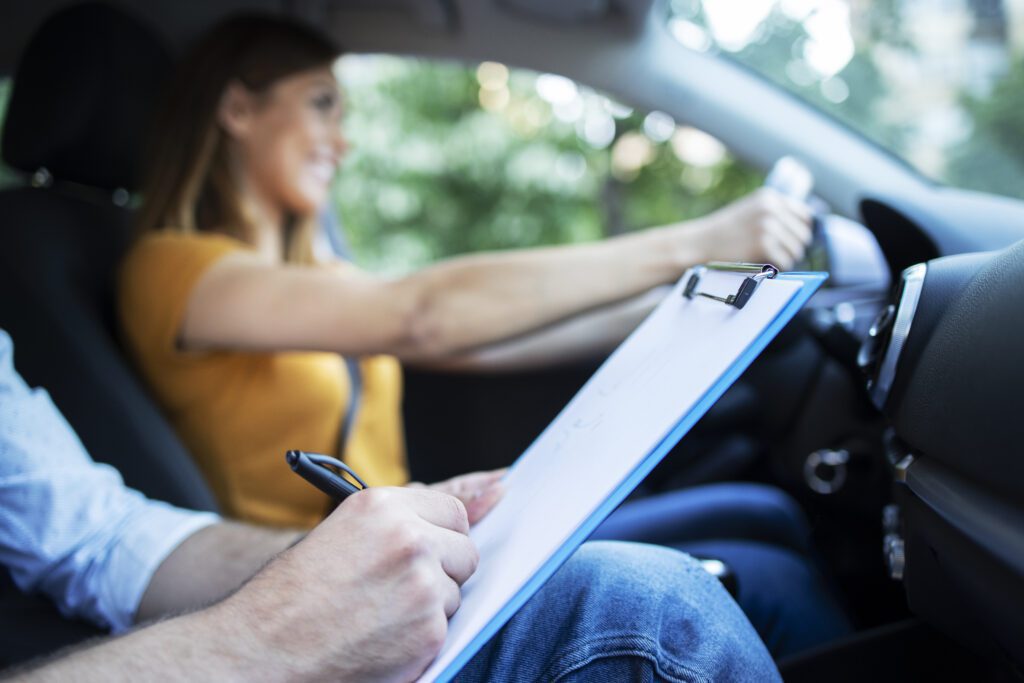
Why can’t I find any available driving tests?
The COVID-19 pandemic has brought about unprecedented challenges for many industries, and the driving test industry is no exception. In the UK, the pandemic has caused significant delays in driving tests, with a large backlog of test takers waiting to take their exams. In this article, we will discuss the reasons for the delays and the size of the backlog, as well as the impact of the pandemic on the driving test industry.
One of the main reasons for the delays in driving tests is the closure of test centres during the initial lockdown period. In order to slow the spread of the virus, the government ordered the closure of non-essential businesses, including driving test centres. This resulted in the cancellation of thousands of driving tests, creating a backlog of test takers who needed to reschedule their appointments.
Another factor contributing to the delays is the reduction in capacity at test centres. In order to adhere to social distancing guidelines and ensure the safety of examiners and test takers, the number of tests that can be conducted at each centre has been reduced. This has led to a decrease in the number of tests that can be conducted each day, resulting in longer wait times for test takers.
The shortage of driving examiners has also played a role in the delays. Many examiners have been forced to take time off due to the pandemic, either because they have contracted the virus or because they have been required to self-isolate. This has further reduced the capacity of test centres, as there are not enough examiners available to conduct the tests.
The backlog of driving tests has become a significant issue for both test takers and the organizations responsible for administering the tests. According to the DVSA, the backlog of tests has reached over half a million, with many test takers reporting having to wait several months for an appointment. This has led to frustration and disappointment for many, as they are unable to gain their driver’s licence and the independence that comes with it.
The pandemic has also had a financial impact on the driving test industry. The closure of test centres and the reduction in capacity have resulted in a decrease in revenue for the DVSA and other organizations responsible for administering the tests. This has led to concerns about the future of the industry and the ability to continue providing driving tests to the public.
The COVID-19 pandemic has brought about significant delays in driving tests in the UK. The closure of test centres, reduction in capacity, shortage of examiners, and the backlog of test takers have all contributed to the issue. The impact of the pandemic on the driving test industry has been significant and the backlog of tests is a huge concern for test takers and organisations responsible for administering the tests. It is important that steps are taken to address the issue and to ensure that driving tests can be conducted safely and efficiently in the future.
It is difficult to determine exactly how long it will take to clear the backlog of over 500,000 driving tests as it depends on a number of factors such as the rate of new test bookings and the availability of examiners. However, the Driver and Vehicle Standards Agency (DVSA) has announced plans to increase capacity and reduce waiting times for tests.
The DVSA has announced plans to recruit an additional 2,500 examiners in order to increase capacity and reduce the backlog. Additionally, they are planning to increase the number of tests that can be conducted each day by expanding the use of extended hours and weekends. The DVSA has also stated that they will be working with test centres to increase their capacity and improve the booking process to make it easier for test takers to find available appointments.
Despite these efforts, the DVSA has acknowledged that it will take time to clear the backlog of tests and that test takers may still experience delays. They have urged test takers to be patient and have assured that they are doing everything they can to reduce waiting times and get back to normal service.
In summary, it is hard to give an estimation of how long it will take to clear the backlog of driving tests in the UK as it depends on various factors. However, the DVSA is doing efforts to increase capacity and reduce waiting times by recruiting additional examiners, expanding the use of extended hours and weekends, and working with test centres to increase their capacity and improve the booking process. Even though the backlog may take some time to clear and test takers may still experience delays, the DVSA is trying to get back to normal service as soon as possible.


